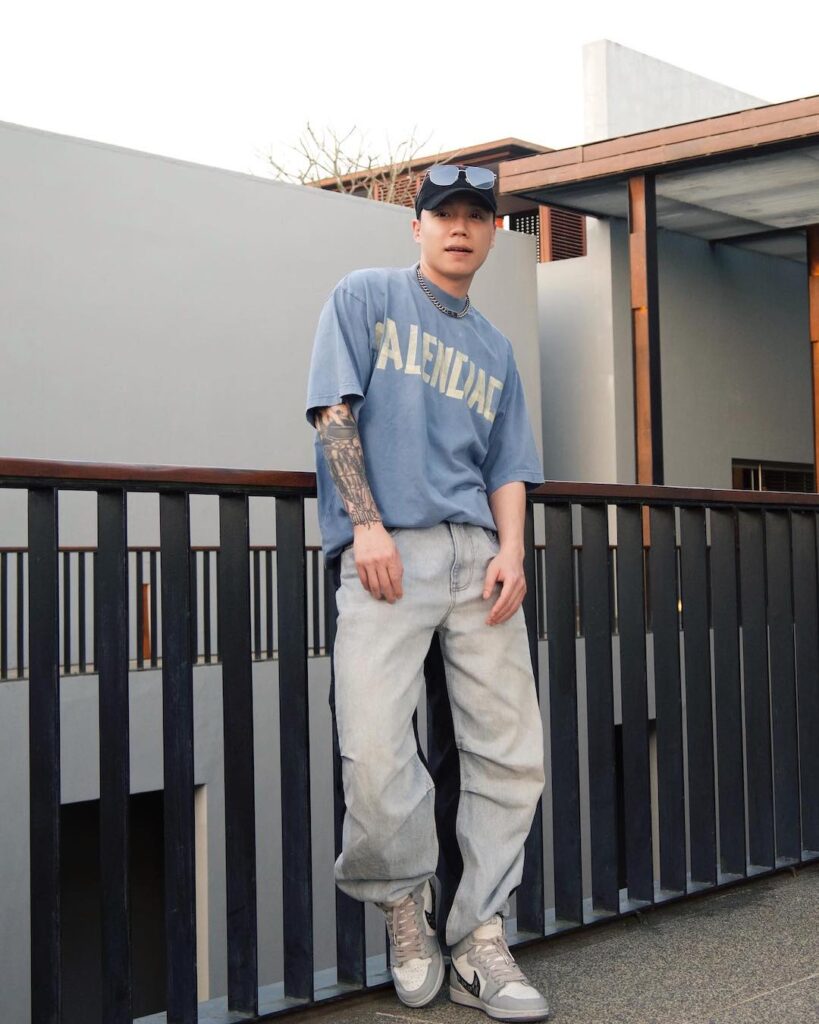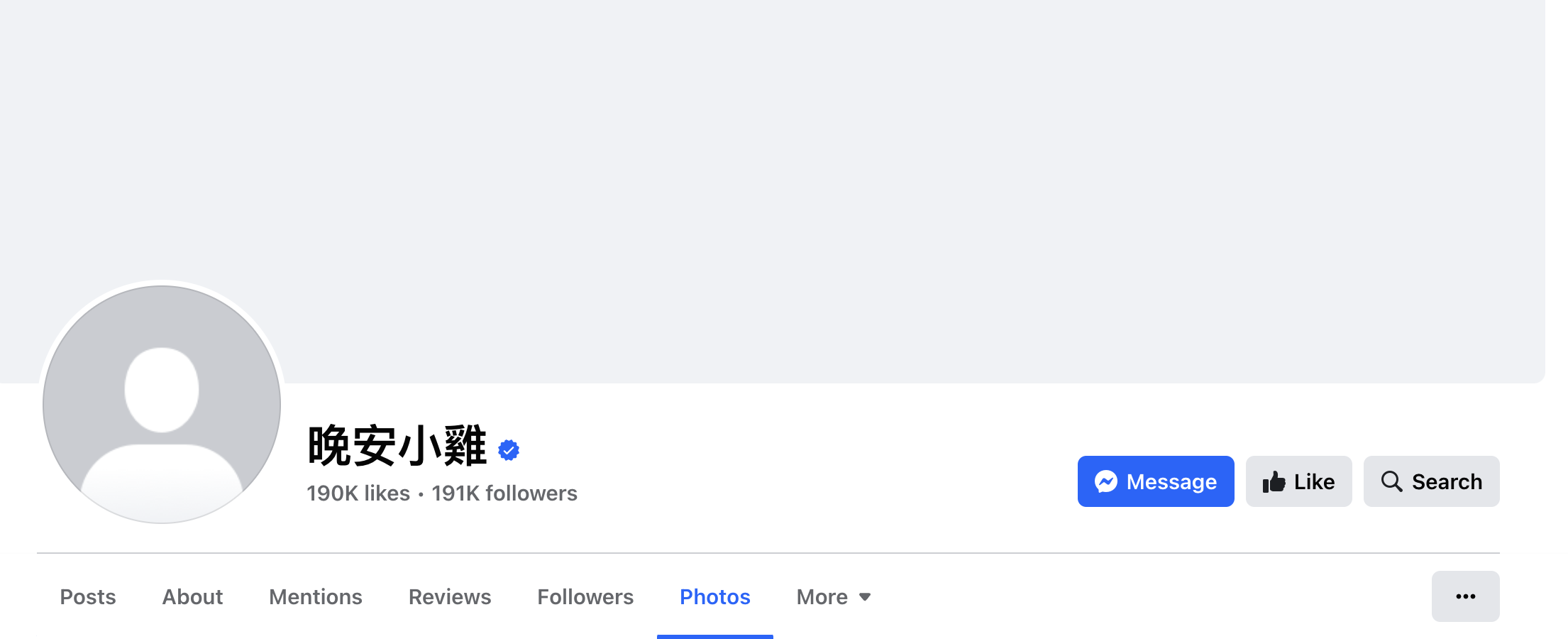by Brian Hioe
語言:
English
Photo credit: 晚安小雞/Facebook
A NUMBER OF recent incidents in Taiwanese society involve influencers behaving badly, in faking incidents of violent crime for hits.
The most recent incident involves streamer Chen Neng-chuan, known as “Goodnight Chicken,” being accused by Cambodian law enforcement of staging a kidnapping. Chen claimed to have broken into a “scam park” in Cambodia, then to have been kidnapped, beaten, and robbed by unknown assailants, though Chen claimed to have later escaped. Cambodian law enforcement has denied that this took place, as a result of which Chen currently faces charges of faking a kidnapping and assault, as well as defaming Cambodia.
There was widespread reporting in 2022 over potentially hundreds of Taiwanese who had been lured to Cambodia, and then kidnapped as a result of job scams. Such Taiwanese were mostly young, educated people who were lured there by the promises of jobs with high salaries and generous benefits, but they later found that they had been kidnapped for use in telephone scams.
Although this was a matter of concern a few years ago, the consensus view in Taiwan is currently that Chen staged the kidnapping. As such, Chen has been widely mocked on social media. Chen now faces two years in jail in Cambodia, on charges of defaming the nation.
Another recent incident involved a fight between Taiwanese influencer Chao-ge and Hong Kong video game streamer Toyz that was accused of being staged. Chao-ge, whose real name is Huang Bo-chao, attacked Toyz, whose real name is Kurtis Lau Wai-kin and is a former League of Legends world champion, because Toyz insulted a Japanese restaurant that he had opened.
The fight occurred in the restaurant after Toyz insulted the quality of the food there during a livestream. This was not the first public beef that Toyz and Chao-ge had over restaurants opened by Chao-ge.

Toyz. Photo credit: Toyz/Facebook
However, viewers quickly noted that the fight seemed suspicious, particularly as Chao-ge attacked Toyz by grabbing his neck and trying to throw him to the ground. This occurred rather than that it would have been more natural to try and punch or kick him.
As such, police later investigated the fight as potentially staged. There has been widespread mockery of the two Internet celebrities over the fight and the apparent lengths that streamers go to for fame on the Internet.
Indeed, not all staged incidents involved fights. In December last year, comedian Brian Tseng, for example, previously was criticized over a clip that showed Tseng tipping a food delivery driver 50,000 NT for his previous service as a veteran. Yet it later emerged that the individual in question did not appear to be a genuine military veteran, leading to criticisms that the incident was potentially staged.
Nevertheless, it may be the case that post-truth discourse is increasingly on the rise among streamers and influencers, as a result of the pursuit of Internet fame and clout. One has observed cases in which this dovetails with Taiwan’s political culture, as well as observed in claims by Ko supporter and influencer Alisasa that the 2024 presidential vote was rigged against Ko. For his part, Ko has sometimes downplayed these allegations by supporters that the vote was rigged while in other cases seemed to support them.
Taiwan is, of course, a democracy, as a result of which it has sometimes proven difficult to counteract the spread of disinformation and misinformation because of freedom of speech concerns. Ironically, this has in some cases led to United Front efforts and other bad faith actors that seek to undermine the news discourse regarding Taiwanese elections defending themselves with the claim that efforts to fine them or strip them of broadcast credentials over their action violate freedom of speech. Influencers likely prove another domain in which there may be lacking regulations.



